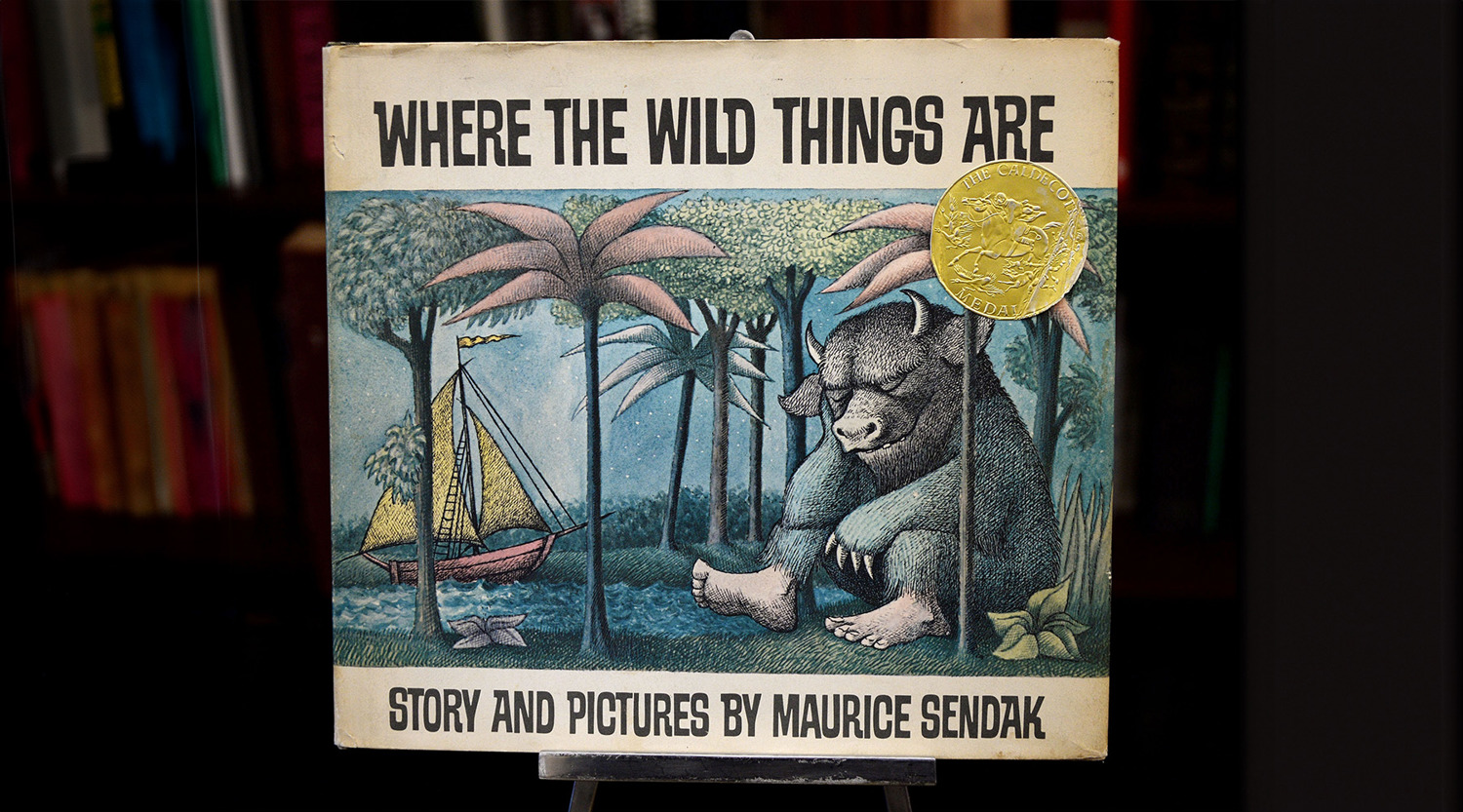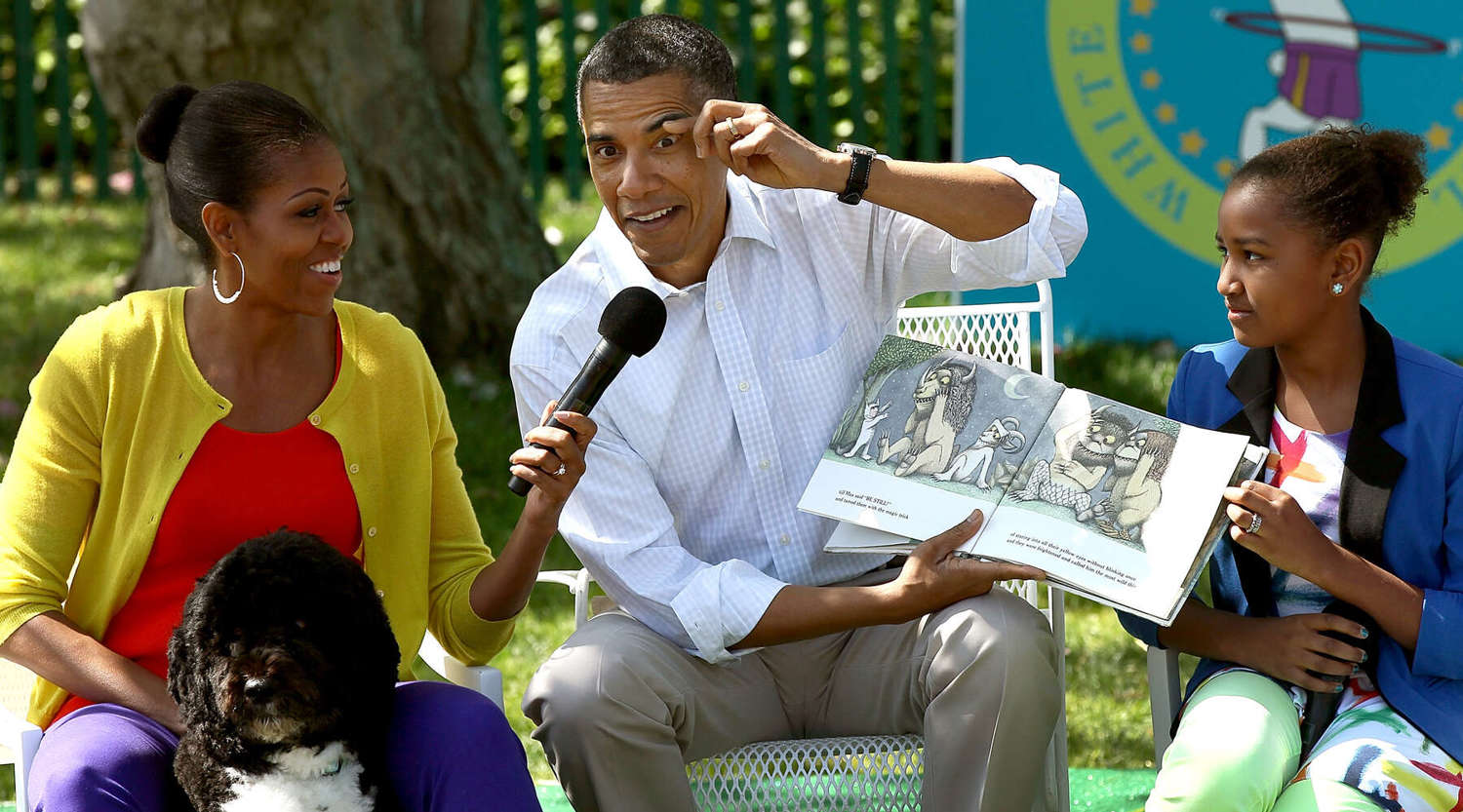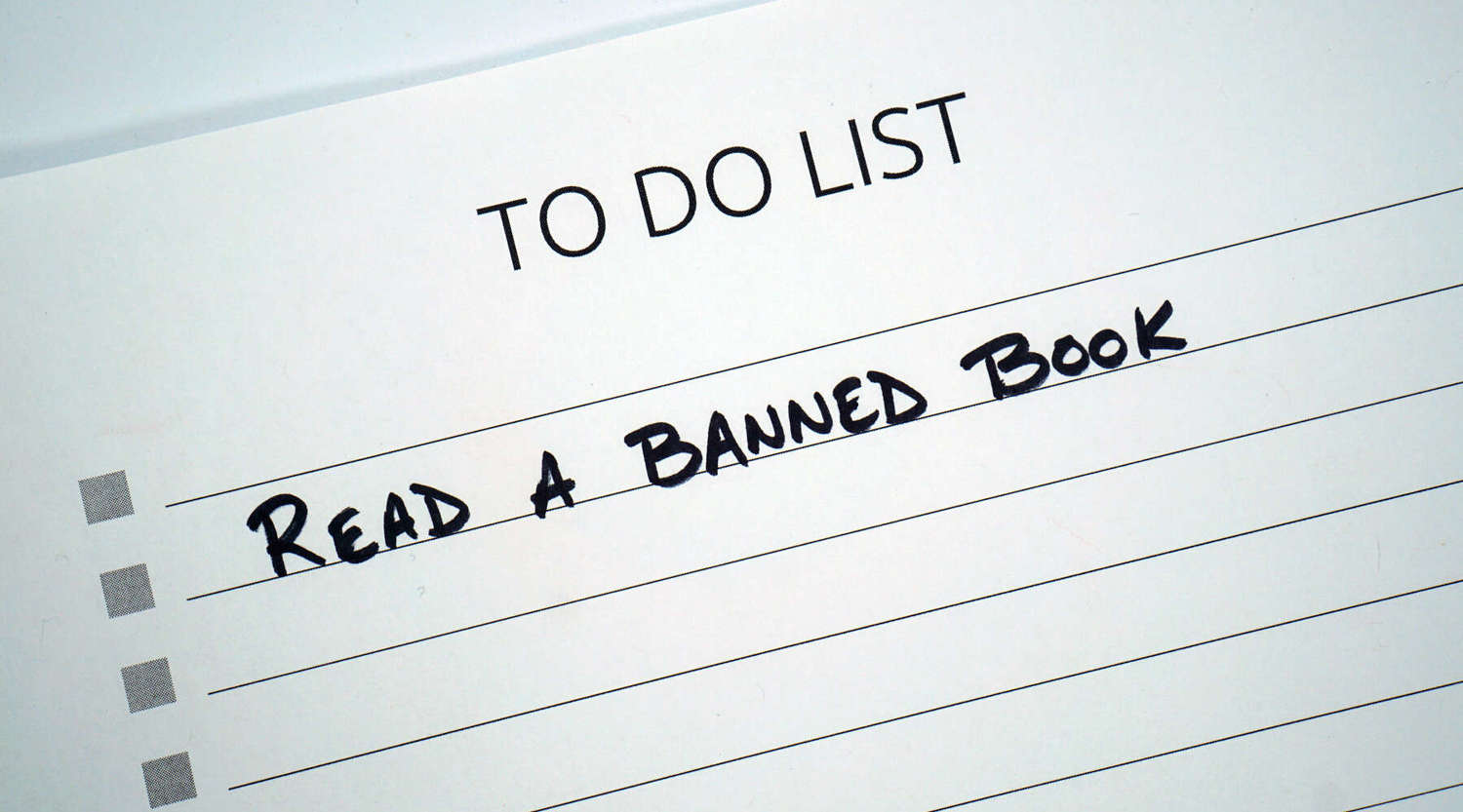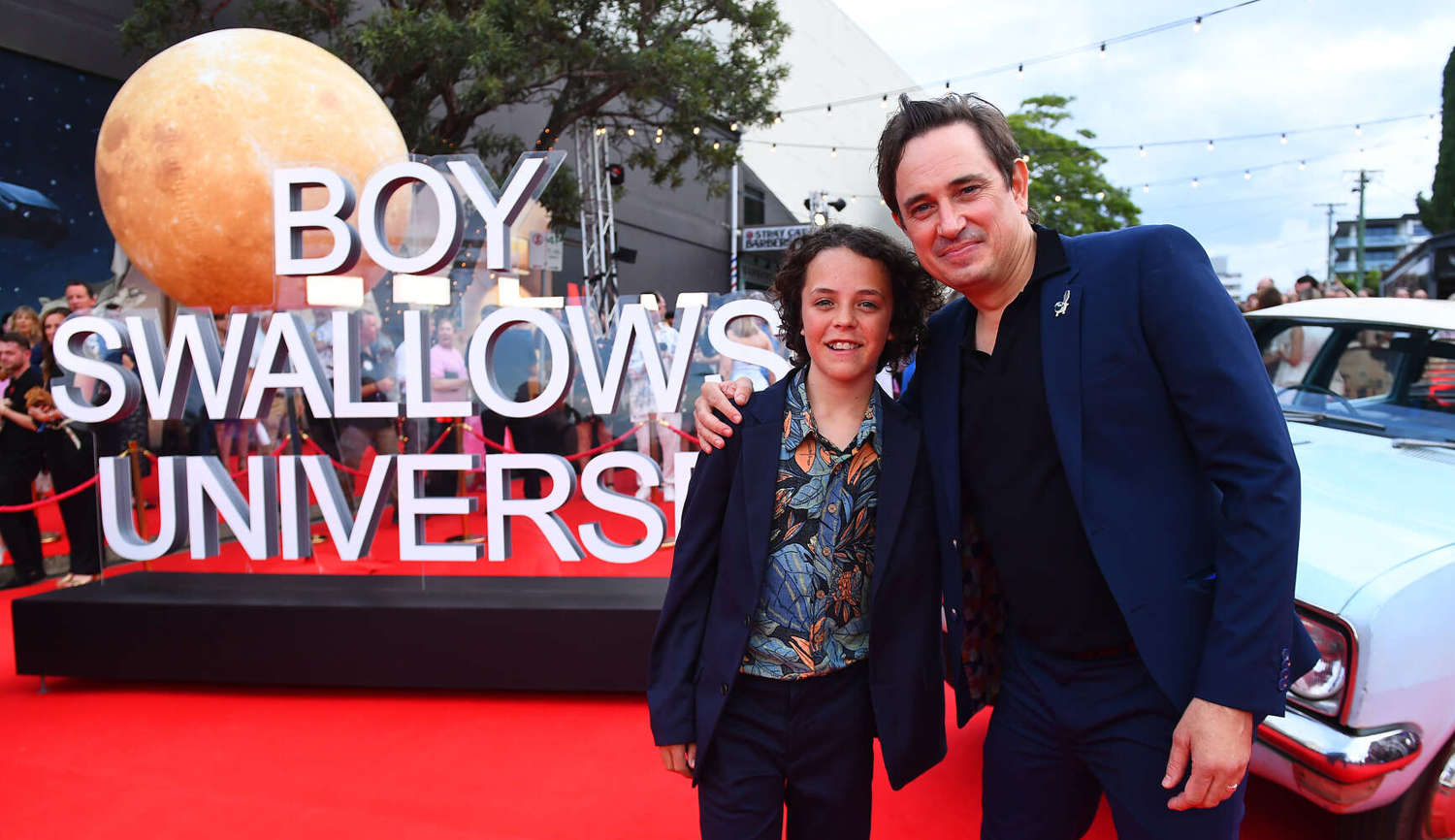Anh Do is well known to Australians as a best-selling and award-winning author, comedian, television presenter and four times finalist in the Archibald Prize. However, that was not enough to stop 17 of his children’s books being banned in American schools.
And it isn’t just Australian writers falling foul of the increasing number of book bans in American schools. The hugely popular series the Hunger Games and Captain Underpants, both by American authors, are in the top 20 most banned and challenged books from 2010 to 2019.
So, why are books being banned?
Even beloved children’s classics can’t escape bans. Where the Wild Things Are was banned in part of the United States for reportedly being “too dark” or – as child psychologist Bruno Bettelheim wrote in a column for Ladies Home Journal – it was too damaging.
Although the book seemed safe enough for then President Obama to read it to children at one of his annual White House Easter Egg hunts.
And the iconic Australian author, Mem Fox, had her 1988 picture book Guess What? removed from Florida library shelves in 2023 after a new state law prohibited any nudity or sexual conduct. Why? Because at one point in her book the main character is illustrated taking a bath.
What's driving these bans?
New laws in many states, like the one that got Mem Fox’s 1988 book banned, have increased book bans across America. Now an estimated 10,000 books are removed from the shelves of public school and local libraries each year in America.
During the 2021-2022 school year, more books were banned in American school districts than in any previous year, often because of parents’ complaints to school boards. There are also at least 50 parent-and community-led advocacy groups that push for book bans at local, national and state levels.
The majority of Americans do not support book bans and legal precedent does not give school boards the unlimited right to remove books from school libraries, but they do have broad discretion.
And given school boards mostly consist of elected community members who establish the values, vision, goals, standards and priorities for the public schools in the district they represent, that broad discretion gives them a lot of power.
Banning books from public and school libraries means that children have less access to subjects such as social issues, challenging topics and different viewpoints in a safe and accessible platform. These bans can have negative consequences for their education and critical thinking skills.

What does this have to do with Australia?
Australia does not have a school board system and does not ban books like America does. In fact, we have quite the reverse. State curriculums choose recommended reads for their literature merit, and view challenging themes as teaching and learning opportunities.
Challenging books such as Boy Swallows Universe and The Book Thief are suggested options for use in Victorian schools and cover themes including drug use, loss, war and death.
Another benefit to Australian readers is that publishers have long taken a liberal approach to book classification, marketing some book titles with challenging content to both adult and young adult readers, allowing young adults the freedom to explore sophisticated writing, and encouraging critical thinking about challenging socio-political issues.
This is different in the US, however, where publishers clearly distinguish between books and their content for adults and young adults.
Is Australia the lucky country?
Donald Horne famously called Australia the lucky country – arguing the country’s successes and windfalls coming from good luck rather than any particular vision or action from governments or leaders.
This could be somewhat true for book publishers and readers alike too – by governments and interest groups keeping out of the way, we have been able to maintain a rich and diverse literary landscape.
But there are signs that luck might be running out. In early 2024, Sydney’s Cumberland City Council banned all books that depicted same sex parents after some complaints from locals.
This ban was overturned after a petition with over 40,000 signatures was sent to Cumberland City Council as a result of much adverse publicity.
Australians of all ages need to be vigilant to keep access to books with challenging content for adults and young adult readers so they can make up their own minds about social issues and history.
Media enquiries: Please contact the Media Team media@usc.edu.au





